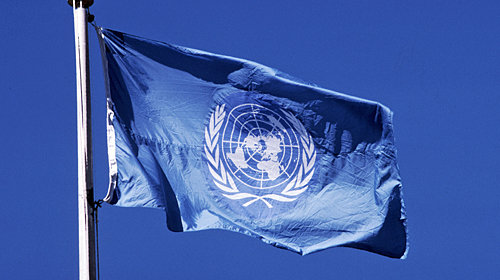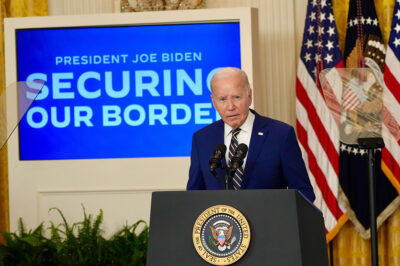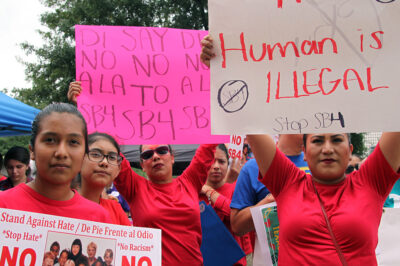
As the United Nations this week debated America’s record on race, one name was on everyone’s minds: Michael Brown. Not only Americans have been riveted this week by the tragic killing of the unarmed teenager, the subsequent protests, and the militarized response of law enforcement in Ferguson, Mo.
The events in the overwhelmingly black suburb of St. Louis came as the U.N. Committee on the Elimination of Racial Discrimination reviewed U.S. compliance with the world’s leading anti-discrimination legal instrument, which the United States ratified 20 years ago. The gap between the rights guaranteed by our Constitution on one hand, and the reality of the persistent racism that continues to plague our society on the other, could not have been made more relevant by current events.
That gap is just as stark when viewed from the lens of international human rights law. This week, in Geneva, Switzerland, the U.N. committee that oversees compliance with the International Convention on the Elimination of All Forms of Racial Discrimination placed the U.S. record under the spotlight. The committee, comprised of leading human rights and race discrimination experts from all over the world, heard from high-level representatives of the U.S. government in a large delegation as well as from advocates and victims of human rights abuses.
The committee expressed deep concern at the circumstances surrounding Mr. Brown’s shooting as well as over other recent deaths of unarmed African-American men – like Eric Garner, John Crawford, Ezell Ford, and others – at the hands of law enforcement. They heard heartbreaking testimony from the mother of Trayvon Martin and the father of Jordan Davis, both of whom lost their sons in violent circumstances that underscored the overt and subconscious forms of racism that our country continues to face. Mark Kappelhoff, the deputy assistant attorney general of the Civil Rights Division at the Department of Justice said in response to the committee’s questions that the Department of Justice has opened a civil rights investigation into the Brown case.
The United States was represented by a high-level delegation led by Ambassador Keith Harper, a member of the Cherokee nation of Oklahoma and the first Native American U.S. ambassador to represent the United States at the U.N. Human Rights Council. In Ambassador Harper’s words:
The United States has made…visible progress that is reflected in the leadership of our society, [but] we recognize that we have much left to do. Issues covered by this Convention are of such fundamental and deep importance that we must continue to make progress. For this reason, we value the opportunity for dialogue with the Committee.
That dialogue was a rich one, with the committee questioning the United States on a variety of issues, including deaths on the Southern border, the unaccompanied minor crisis, family detention, lack of access to justice for individuals detained at Guantánamo Bay, education, and violence against women, amongst many other topics. The committee also asked specific questions about lack of implementation of the treaty at federal, state, and local levels and echoed many concerns raised in the ACLU shadow report submitted to the committee. Those include:
- Racial Profiling
- Racial Disparities in Sentencing
- Racial Discrimination in the United States Capital Punishment System
- The Right to Vote
- Discriminatory Treatment of Guestworkers and Undocumented Migrant Workers
- Predatory Lending and the Foreclosure Crisis
- Lack of Due Process in American Indian Child Custody Proceedings in South Dakota
The committee’s final report and recommendations will be issued on August 29. We hope that they serve as a guide for how our government can better comply with its obligations under the convention and – more importantly – take further steps to address persistent forms of discrimination and prevent any more unnecessary deaths.
The world is watching.
Learn more about racial discrimination and other civil liberties issues: Sign up for breaking news alerts, follow us on Twitter, and like us on Facebook.





